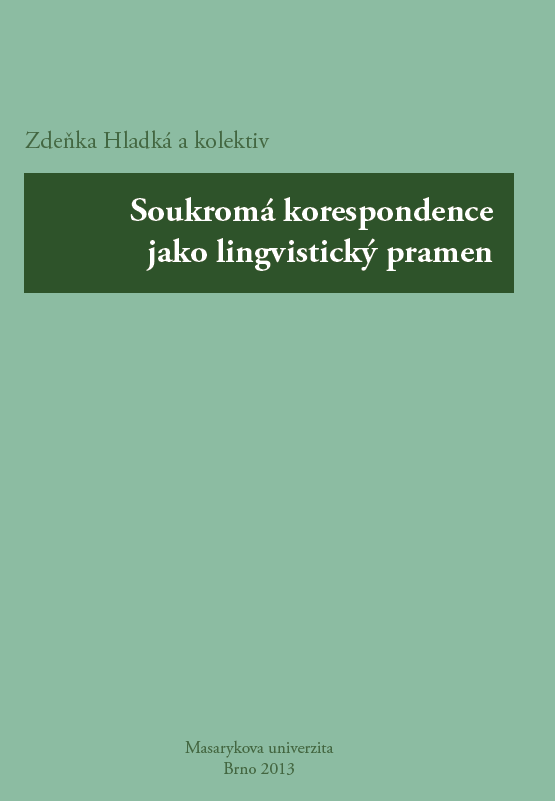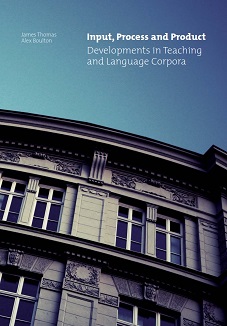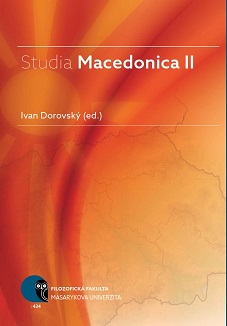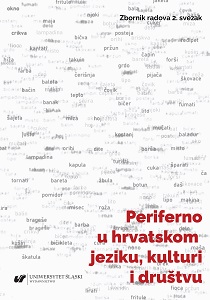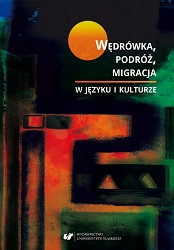
Słowotwórczy obraz podróży i wędrówki
The article descibes the derivational potency of the verbs: travel, wander, migrate as well as the noun tourist. The characteristics of their derivational nests have been confronted with the characteristics of the nests of the verbs of movement and nouns. A comparative study of the collected data has revealed derivational similarities of the discussed verbs (identical types od derivatives and derivational methods), which points to the fact that the meaning carried by the root is more important than its genesis and opens up particular derivational possibilities. A differing layout of derivatives as well as the participation of particular parts of speech and formants should be connected with stylistic characteristics and the genesis of the roots.
More...

